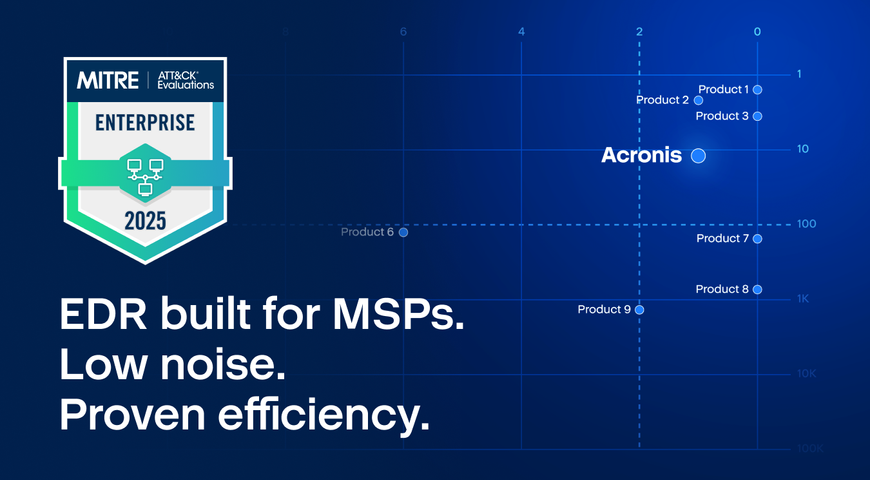Windows is known as the workplace platform, but Macs are gaining more traction in the enterprise because of widespread BYOD acceptance and other factors. Many companies are addressing this shift by allowing employees to choose between a Mac or PC and offering IT support for both platforms.
The Rising Trend of Macs in the Workplace
Apple products in the workplace are expected to grow to 11 percent by 2015, an increase from 8 percent in 2012, according to Forrester Research. Forrester and other analyst firms attribute Apple's rise in popularity among business users to an iPhone "halo-effect," meaning iPhone users wish to use other Apple products while at work.
Employees are happier with Macs and the IT department in many industries, too, has more confidence in the security of Apple products. Despite Apple's premium price, its desktops and laptops prove to have an equal, if not better, ROI than PCs because of inherent security benefits, improved productivity and reduced help desk costs, writes John Webster at Network World.
“One thing we found is it's clear that there's more confidence in the Mac for the perception of security — it's more secure than a Windows machine,” Forrester analyst Dave Johnson told Network World. “That's hard to argue, because historically there have been relatively few intrusions on the Mac.”
IT's Responsibility to Support Macs and Windows
Macs are here to stay in the enterprise, and companies must adapt their IT support based on that hardware shift. Almost half of businesses are offering Macs for employees to use at work, and among those who don’t, 95 percent would if there were a single management system for both Macs and PCs, according to a survey by Parallels.
Since IT often has hundreds or thousands of devices to support, it's essential that companies create an easy, streamlined way to manage and support all of the devices. Sixty-five percent of IT decision makers said Macs are easy to support, yet 70 percent of those who don’t offer Macs don’t feel they have the technical expertise to support Apple products.
"I've got no end of people raising their hands and asking for Macs inside IT," Robert Pickering, vice president of information technology at AAA Allied Group, told CIO.com.
It’s the responsibility of the IT team to support whatever devices the employees decide to use, Caregroup CIO John Halamka tells Network World. One corporate example is General Electric, which allows its employees choose between a Mac or PC, and the company offers IT support for both platforms. Of GE users' 330,000 computers in 2013, only 2,500 were Macs before opening up the enterprise to both platforms, though the company's chief technology officer expects those numbers to rise, according to Network World.
Data Protection Across Both Environments
Most Mac and PC inter-operational issues are largely a thing of the past, says Brian Ulmer, product management director at Acronis. Backing up data on Windows devices typically is similar to backing up data on a Mac. Users can set up a "home" folder with all important information that can be backed up, or users can use a single-image backup solution to back up the whole machine including system and application files, says Ulmer.
Ulmer adds: "Current issues are really just the need to have personnel trained to support Macs and equivalent software and services. Most vendors support the Mac now so this has becoming much less challenging."
Companies need IT personnel who are trained to support both Mac and PC systems, as well as the management software and services for each system.
About Acronis
A Swiss company founded in Singapore in 2003, Acronis has 15 offices worldwide and employees in 50+ countries. Acronis Cyber Protect Cloud is available in 26 languages in 150 countries and is used by over 21,000 service providers to protect over 750,000 businesses.



